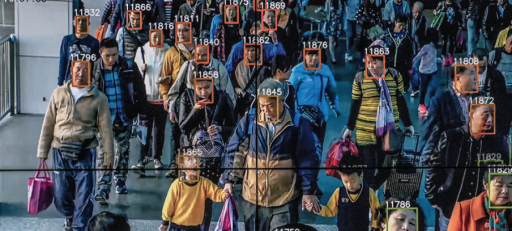Social credit in China Cultural evolution or a means of controlling the masses? by C. Alessandro Mauceri

We publish a research on the system applied in China for social control, the well-known "Social credit system"
Background
The social credit system has ancient origins in China. In the West, the social order arises from the equilibrium of the various components of society. In China, the term "authority" has a different meaning: for Confucius, the concepts of humanity ( ren ), loyalty ( zhong ) and reciprocity or meekness ( shu ), were the basis of the so-called wulun , the five fundamental relationships, also called "Of obedience". Good social coexistence depends on respecting these rules. The general interest always prevails over the individual one and violating a law is not a private problem but becomes a problem for everyone. It is on this cultural basis that the concept of social credit has been based for millennia. Two thousand years ago, in the period of the "States at war", Confucianism coexisted (for Confucius, individual well-being was linked to personal character and the correct functioning of society), Mohism ("men must take care of each other and living in societies where everyone was treated fairly ") and legalism. These theories influenced the “Qin” dynasty (221-206 BC): the first “social credit system” for public officials was born.
Many centuries later, during Maoism, the party used dong'àn and hukou (1) , dossiers containing information on citizens and their families to govern. The automation of social control systems appeared in the 1990s, in banks, in rural areas, to grant loans to individuals or businesses with no documented "financial history". In 1999, Chinese Premier Zhu Rongji adopted a similar system to foster collaboration between foreign and Chinese companies. During the 16th Party Congress (2002), the Chinese Communist Party (CCP) proposed to adopt a "unified, open, competitive and orderly modern market system". In 2007, the first SoCS or SCS projects were born . (2) In 2011, from a banking tool, the SCS became a socio-political tool: “making reliable people benefit everywhere and unreliable people limit them everywhere”. In 2014, President Xi Jinping made "global governance based on law" a priority, based on respect for the rules. (3) His motto: "Keeping trust is glorious and breaking trust is shameful" ( 4 ) .
Experimentation
That year, SCS projects were launched in 43 cities (in 2019, 28 remained): some used the SCS to address pressing problems, others added additional tools for specific themes (Council of State, December 2020) and ended up having more than 20 different lists between black and red. (5) In Ningbo, for example, a blacklist was added for environmental behaviors (such as the interruption of centralized drinking water supply). In Suqian, a plan was adopted, called "Xichu Points" from the ancient kingdom of Western Chu, which classified citizens into eight categories (from AAA, model citizen, to D, untrustworthy), readable on WeChat instant messaging software. The "reliability" of citizens who volunteered, donated blood or bone marrow and were good workers was praised. Conversely, bank failures, late payment of bills, violation of the highway code or criminal convictions caused the score to drop.
During the Covid-19 pandemic, in Zhengzhou, hospitals handling Covid-19 patients were placed on the red (positive) list. In Anqing, a citizen was blacklisted for "causing panic" by posting a video of an ambulance carrying the seriously ill. Other cities penalized citizens who did not wear masks. In Jinan (East China), social credit also covers ways of handling pets: in 2017, some people were deducted for taking their dog around off a leash (after the credits ran out, the animal was confi scated). (6)
Photo 1. Source Merics: The Chinese social credit system in 2021: from fragmentation to integration
Some Chinese media have criticized these choices as arbitrary and irrelevant to the concept of "credit" (7). The participation of the population in these projects is low: in Xiamen, a city with over 5 million inhabitants, only 210,059 have activated an account (about 5%). In Wuhu, only 60,000 activations on over 3.5 million inhabitants (1.5%), in Hangzhou 1,872,316 (15% of over 10 million inhabitants). (8) (9)
Nevertheless, the amount of data collected is such that it is difficult to manage: billions of information (50 billion nationally), sometimes useless for social credit. (10)
The SCS today
In China it is considered normal, at the end of a trial, that the court makes the sentence public: it serves to reaffirm its educational role. The SCS has automated this concept . (11) Social credit is one of the bases of Xi Jinping's "Thought". (12) The “public shame” platform has become an interactive propaganda tool ( Council of State, “Planning scheme for the construction of a social credit system 2014/2020”).
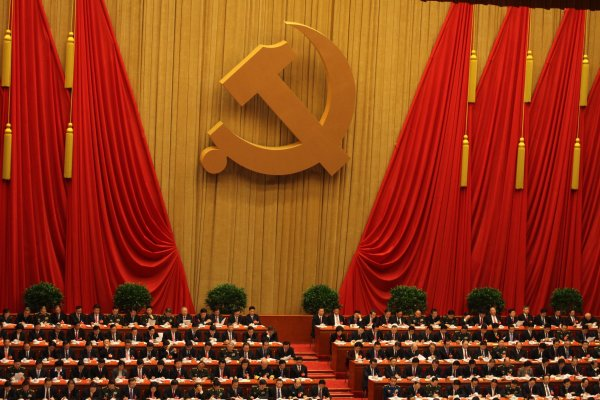
Photo 2. Source: Dong Fang, https://commons.wikimedia.org/wiki/File:18th_National_Congress_of_the_Communist_Party_of_China.jpg
In the past, decentralized management made it difficult for the central government to manage local administrations. In January 2021, the National Commission for Development and Reforms spoke of a centralized, unique but flexible system to respond to contingent problems (during the pandemic, especially at the regional and municipal level). Scandals related to cases of corruption in health and public safety are frequent: in public hospitals, doctors and nurses are underpaid and, often, patients use " hongbao " (red envelopes full of cash) in exchange for preferential treatment . According to Charney Research, in 2015, 35% of Chinese companies paid bribes or gave "gifts". (13) Practice that a manager has de fi ned " an unspoken rule". Now, the SCS would allow party leaders to control local administrations " using big data to modernize national governance" and uncovering irregularities and more. (14) A plan that has to deal with a backward infrastructural reality, often unable to manage large amounts of data. It is also for this reason that the SCS has not yet been unified: to manage it (with sometimes conflicting purposes) are 47 institutions, from the Council of State to the National Commission for Development and Reform (NDRC), to the People's Bank of China, to financial regulation, supervisory bodies (they monitor legal compliance in areas such as environmental protection, food safety or epidemic prevention) and local authorities.
Automation is also a problem. According to Article 41 of the Administrative Sanctions Act, updated in 2021, an evaluator must ratify the evidence collected digitally. (15) This makes automatisms like the SCS inefficient.
H ow does the SCS
Like the first tools used by banks, the social credit system uses “big data” to check whether individuals, private entities or organizations are abiding by the law. (16) Each citizen is assigned a social score that increases or decreases based on behavior. It is important to underline that this applies to all laws and regulations, even those that are repressive, about censorship or that lead to discriminatory treatment. At the risk of abuse: In Mongolia, some parents who withdrew their children from schools with a curriculum in Mandarin have been threatened with blacklisting. (17)
New technologies
To allow all this to be managed, new technologies should be the only ones capable of automatically processing huge amounts of data from millions of sources.
The first control system, dating back to 1998 and managed by the Ministry of Public Security, Golden Shield Project (18) had 12 (sub) systems (from social security to banks, from network security to traffic security, up to financial crimes ). In 2005, Progetto3111 was introduced which used cameras and other video surveillance systems (such as S afe Cities , 2003, to intervene in the event of disasters, traffic or public safety). Ato N in 2005 (but only discovered in 2013), Skynet instead uses facial recognition algorithms, according to some official sources would be able to scan the entire Chinese population in seconds with an accuracy of 99.8%. Even Sharp Eyes (2015) uses cameras and facial recognition but also volunteers to view images remotely (from your computer or smartphone) and report to the police abuses and crimes. In many cities, the police use “smart” glasses and drones to monitor citizens (antisocial behavior is broadcast to the public).
Photo 3. Source: Surveillance and security. The society of control in China – Global Rights
Today, China is the most monitored country in the world: at the end of 2020, over 626 million cameras were active (as many should be mounted in the near future). Over 200 million of these would be used for facial recognition. A control system reminiscent of the Orwellian Big Brother . The system is not yet controlled at national level: some systems are managed by municipal councils, others by private technology platforms. The Council of State declared (December 2020) that it wants to maintain some local flexibility, but the problem could be technical: it would derive from the use of this data to search for a disproportionate number of violations by citizens and businesses.
For citizens
The first names included in the blacklist date back to 2015. Li Xiaolin was prevented from buying a plane ticket (for a business trip): without his knowledge he had been blacklisted by the Chinese Supreme Court. In 2013, Li defended a man accused of rape in court. He gave them a copy of the plea to the defendant's family who, unbeknownst to the lawyer, published it. For this, the rape victim sued the lawyer who, found guilty, was forced to "apologize publicly". He did so, but the court found this apology to be "untruthful" and put Li n's name on the list of "untrustworthy" people. Since then, courts and government agencies have created countless blacklists and used them as deterrents ("naming and shame"). (19) Tens of millions were prevented from purchasing tickets for domestic flights, (20) three million were not allowed to travel by train in business class. Citizen behavior is continuously monitored: donating blood, giving alms, praising the government on social media, helping the poor, earning points and rewards (for example, promotions or admission to schools and universities). Not visiting elderly parents, spreading falsehoods on the Internet, cheating in online games, on the other hand, leads to loss of points and punishments (exclusion from flights and trains, limited access to public services, exclusion from universities and schools, limitations on employment prospects – many employers jobs combine blacklisting and some government jobs require high ratings). Those who have not completed military service may be banned from enrolling in schools or universities (21): in July, a student was denied enrollment at the university (22) because his father had low social credit. For any of the holidays and we have not been granted access to certain hotels. Trust-breaking individuals are often not allowed to hold important roles in state-owned companies and banks. Some crimes, such as fraud and embezzlement, would have significant effects on social credit . (23) A 2016 government notice encourages companies to blacklist before hiring people. (24)
All the information is entered in the database (25), some are automatically deleted after a certain period of time; others after the transgressor provides for the "credit repair". Generally, it takes 2 to 5 years to be removed from a blacklist, but for serious crimes you can stay there forever. Overlaps may also occur and appear in red or black lists at the same time (for example, for people with corporate roles or legal responsibilities).
The most delicate aspect of the SCS is, perhaps, the " public shaming ": whoever violates the rules is subjected to the media pillory that goes from changing the ringtone of the mobile phone to the publication of names and faces and related "misdeeds" in newspapers, radio, television and the Internet. Or on the screens of railway stations: in Shanghai, the names, identification numbers, addresses, and amounts owed of about twenty people appeared at intervals of 10 minutes. In May, Shanghai Putuo People's Court released data of 76 debtors on electronic billboards at five popular shopping malls. Some people have their cell phone ringtones automatically replaced (it becomes a police siren, followed by messages such as: "The person you are calling has been listed as a person discredited by the local court. Urge this person to comply with their legal obligations") .
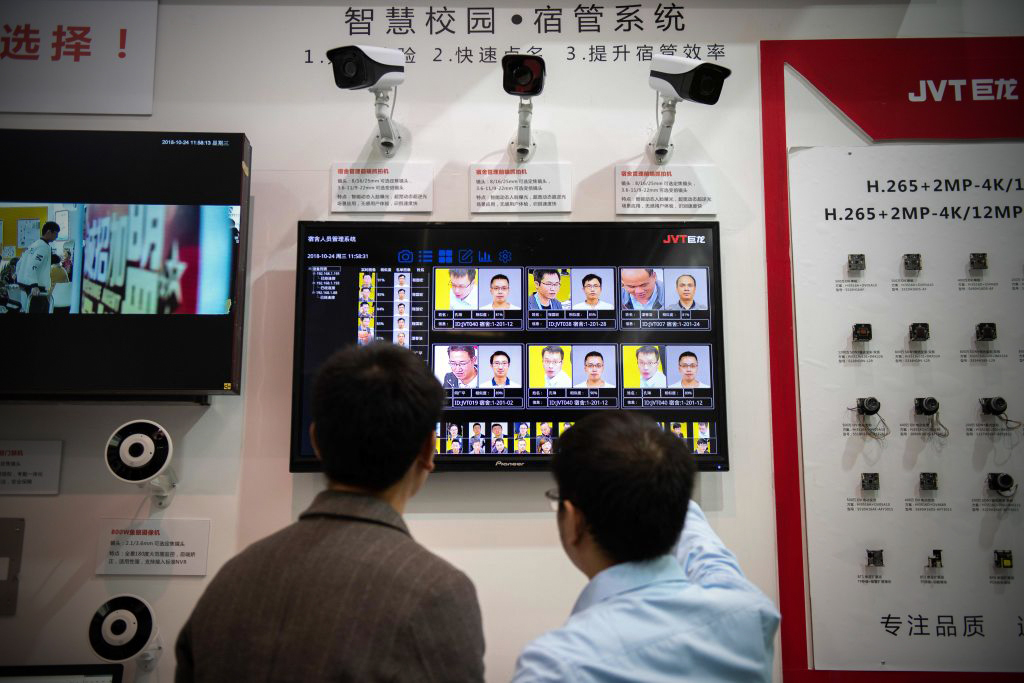
Photo 4. Source: China uses technology to control the people – THE VISION
In China, the concept of " mianzi ", literally "face" or "honor" , is widespread . For a Chinese, it is very important "not to lose face". Especially if you belong to high social groups such as wealthy young people or the so-called "millenials". Today, more billionaires live in China than in any other country (as many as 992). The forecasts speak of 400 million Chinese who will buy luxury goods. The explosion of the Chinese domestic market is linked to hundreds of millions of young consumers: they represent 40% of the buyers of luxury goods. Excessive spending on video games, wasting money on frivolous purchases or certain publications on social media can result in blacklisting with significant consequences for the entire economy.
The SCS could also be used to control some minorities: in Xinjiang, the information collected in the Integrated Joint Operations Platform (IJOP) would serve to monitor the Muslim minority. Extremely detailed dossiers would contain information that more than "social credit" suggests "social control": they record actions such as leaving the house through the back door, not relating to neighbors, refueling a car that is not one's own or consuming more electricity than usual. Those who carry out "wrong" actions are investigated or can be interned in "re-education" camps. The use of social credit as a form of minority control was also confirmed by official sources (26).
According to a survey by the China Youth Daily Social Investigation Center, 83.9% of respondents fear they will be blacklisted without knowing it. (27)
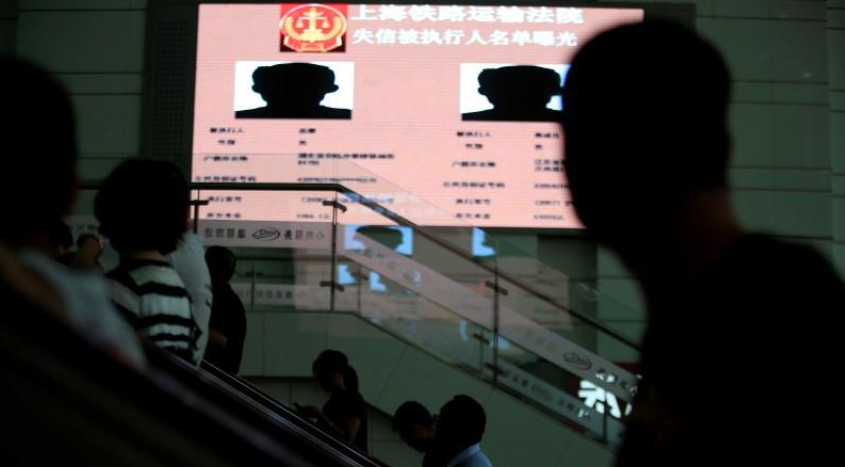
Photo 5. Source: Shame on you! China uses public billboards to expose runaway debtors – Reuters
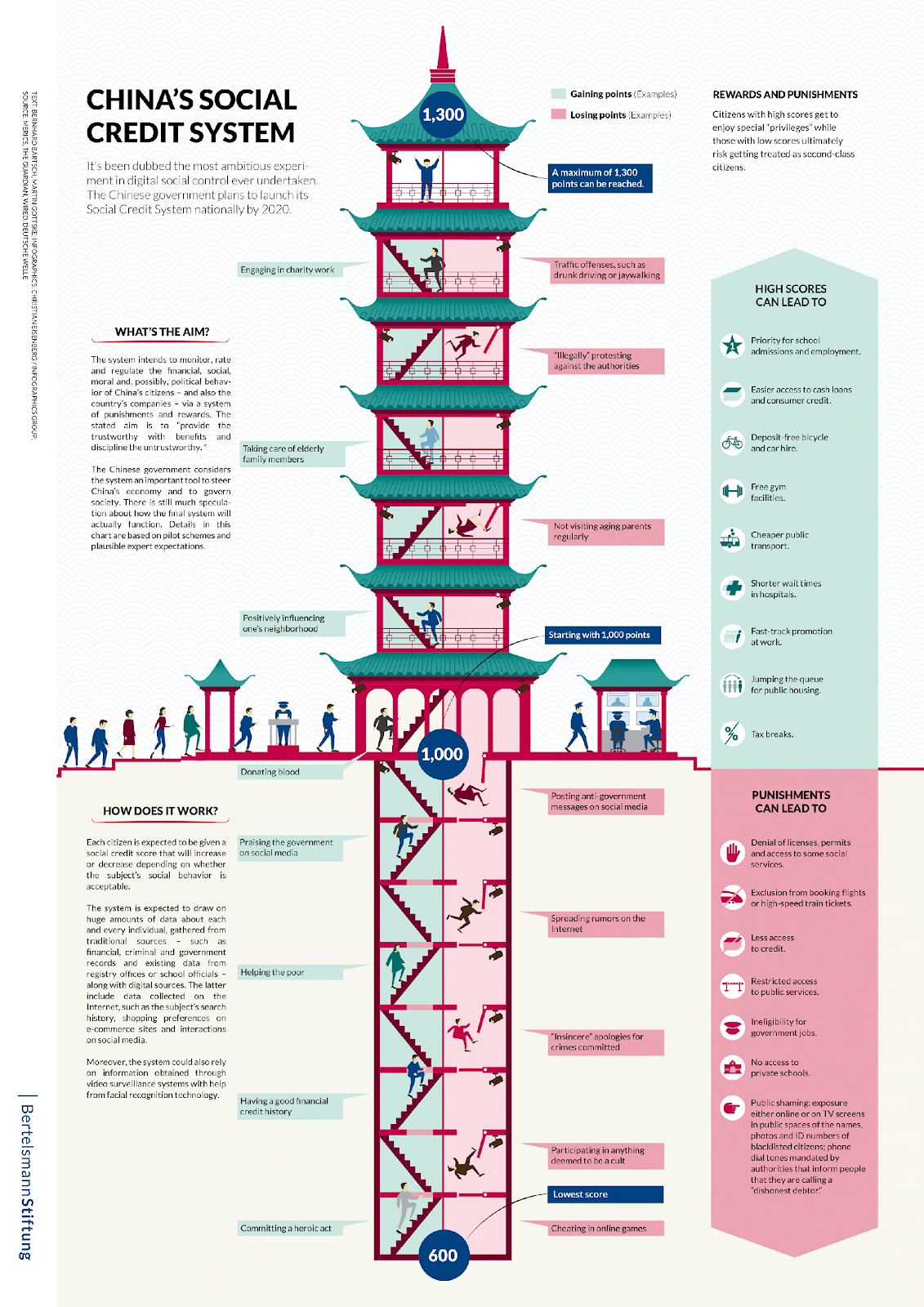 Photo 6. Source: B ERNHARD B ARTSCH , M ARTIN G OTTSKE and C HRISTIAN E ISENBERG / I NFOGRAPHICS G ROUP Merics.
Photo 6. Source: B ERNHARD B ARTSCH , M ARTIN G OTTSKE and C HRISTIAN E ISENBERG / I NFOGRAPHICS G ROUP Merics.
Control over businesses
Over 33 million businesses, social organizations and government organizations (except those of the CCP) are rated by the social credit system. Companies are monitored against compliance, financial and audit records. Objective: To provide a holistic assessment of a company's reliability using a numerical score . Q uattro main categories: basic information, information on penalties and administrative permits, irregularities and information from black or red list (if applicable). A company blacklisted for "serious unreliability" may see the company, the legal representative (s) or those directly responsible for the violation punished. The scores assigned also change according to the behavior of the contacts: companies must pay attention to their partners, both in China and abroad.
Foreign companies with legal personality in China are also monitored by the SCS. On the other hand, there are few social organizations: especially foreign NGOs with representative offices in China. Government agencies are also analyzed (to reveal cases of local government debt or contractual defaults).
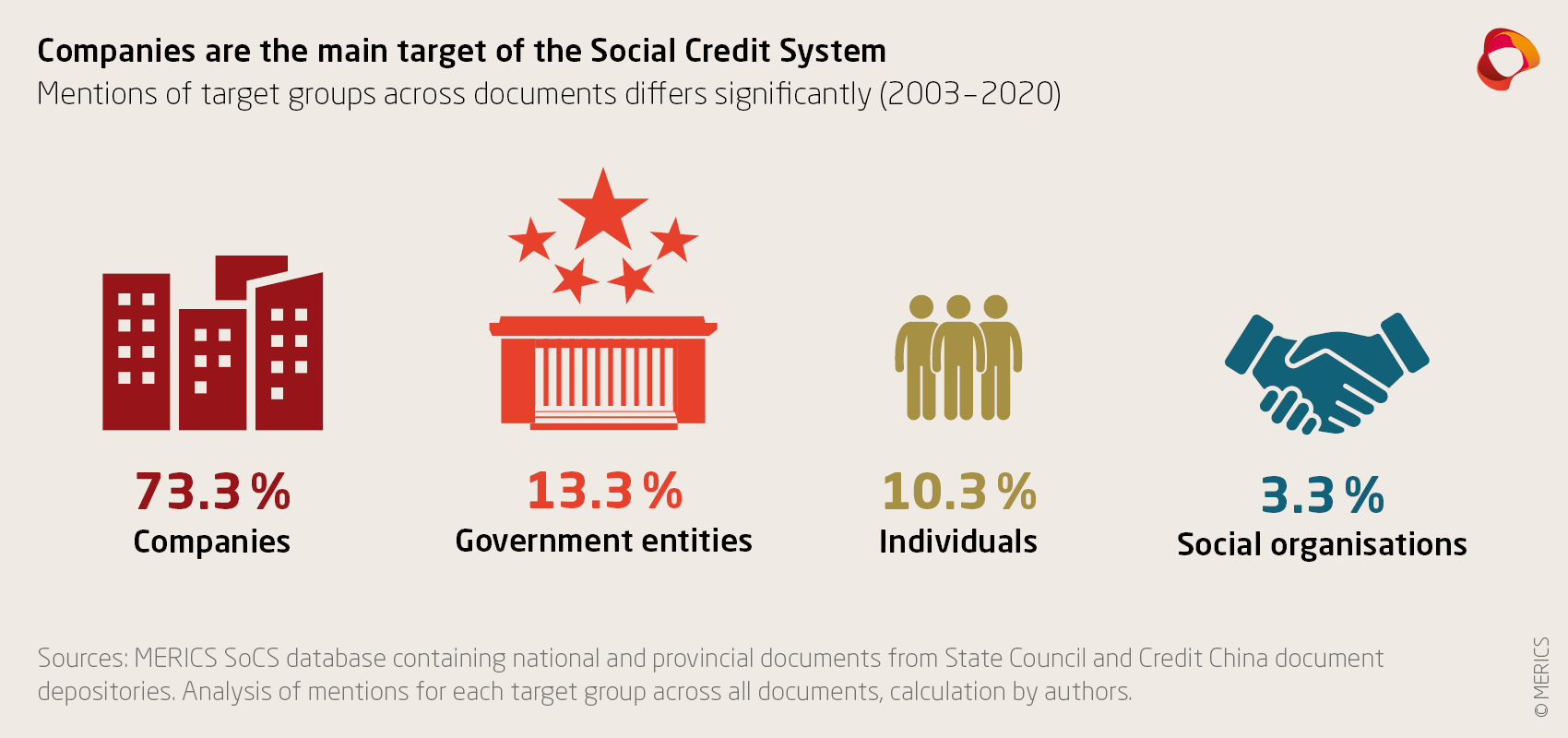
Photo 7. Source Merics: The Chinese social credit system in 2021: from fragmentation to integration
If, in China, limiting transportation or access to credit for a person can be annoying, for a company, having low social credit scores can be worse (on employment, access to finance and the ability to contract). CreditChina officially manages the social credit of companies: it provides information on companies and individuals (for companies, this information is contained in sub-categories: the company's unified social credit code and licenses, administrative sanctions or payment defaults recognized by the courts cases of tax evasion and fraud or illegal import or export, and even unpaid wages). (28) Another national database is NECIPS (29): in addition to providing information on SCS records, it reports complete identification data and allows problems to be reported directly to the authorities. According to some sources, 73% of the policy documents released to date have focused on the application of social credit in the corporate sector. The goal is to combine data from different sources to create a public database of companies and rank them based on a set of compliance criteria. Objective: to create a "Comprehensive Public Credit Rating", which provides a score to all companies operating in China. (30)
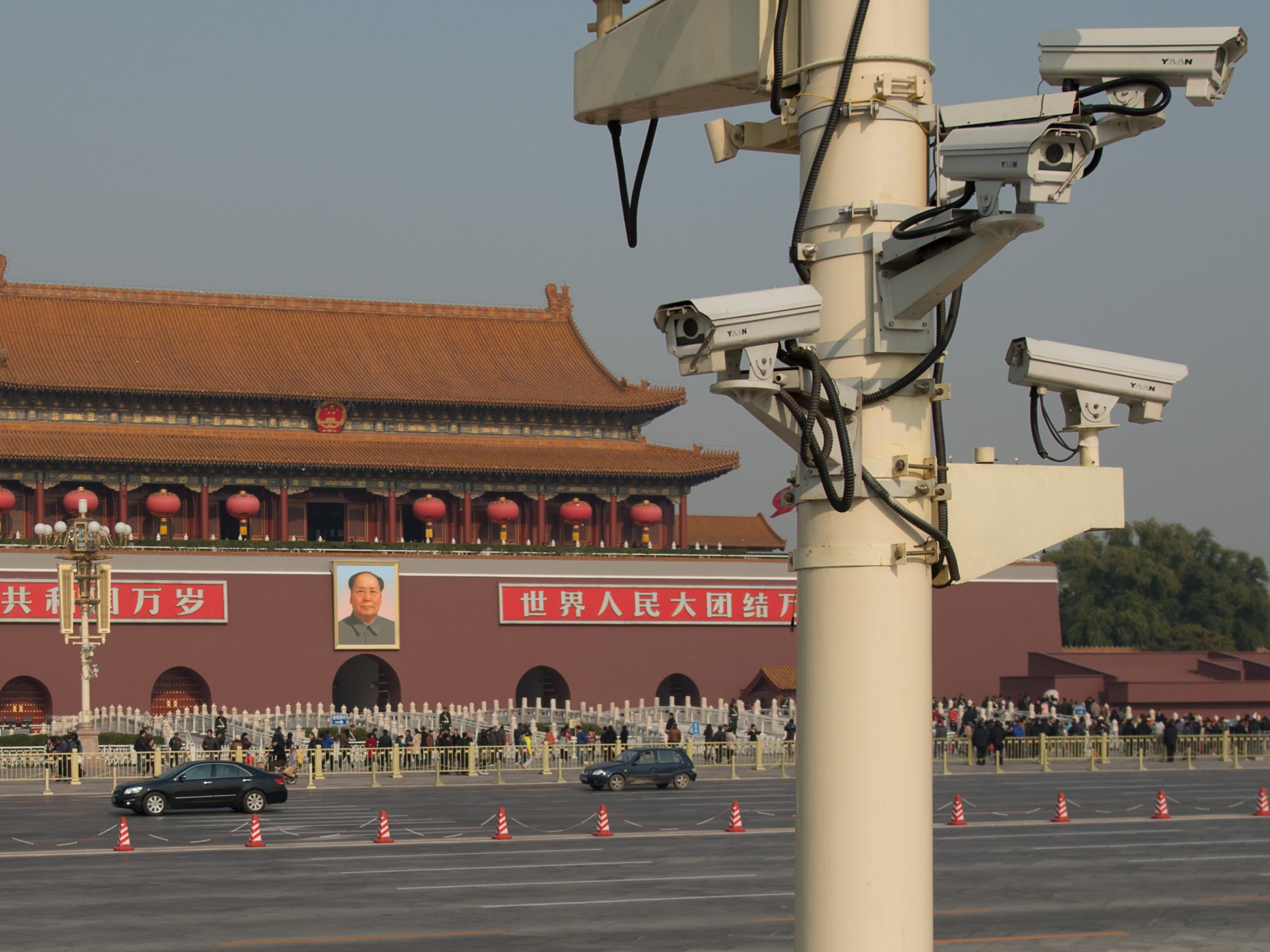
Photo 8. Source: Ed Jones / AFP / Getty Images – Security cameras looking over Tiananmen Square, Beijing
The active role of companies
Large platforms are required for the data management of the SCS. This has sparked the appetite of many tech giants. Initially, People's Bank of China had delegated two large companies, Alibaba and Tencent (owner of WeChat, the largest Chinese social media platform that monitors behavior and ranks its users in real time). Several problems emerged. First, the overlap between the social credit system and credit rating systems (such as Zhima or Sesame Credit, managed by Ant Financial of Alibaba, a platform reserved for the group's clients: similar to some US credit systems, such as FICO, monitors some information of members – payment history, debt, ability to fulfill contractual obligations). In 2017, a comparison between China's social credit system and US FICO scores revealed that the former was "more intrusive than what is commonly done in the West," according to Forrest Zhang, a sociology professor at Singapore Management University. Alibaba's Sesame Credit is now ubiquitous (it has been confused with the Social Credit System). There is also a real danger of data disclosure and “political” dangers (the acquisition of data-rich companies by foreign shareholders would involve national security risks). Added to this is the risk of hacking: the sensitive data of 346,000 people have recently been breached and made public. M easons that led the government not to renew the concession to Alibaba (and other companies). (31)
In other countries
Cyber governance systems are spreading to many countries. Monitoring tools similar to the Chinese one are already in use in Singapore, Malaysia, Pakistan, the United Arab Emirates, Uzbekistan and Kenya. Tanzania, chosen as a pilot country for a China-Africa capacity development program, has also passed laws restricting Internet content and blogging activities (32). Other countries (Vietnam and Uganda) have consulted the Chinese authorities in view of the enactment of restrictive laws on the Internet. And as part of the Belt and Road Initiative, China has started installing optical cables for cross-border data transmission in countries like Belize, Ecuador and Guinea.
T he Chinese social credit system is no different from forms of social evaluation in countries like 'Australia. Here, most New Zealand immigrants are entitled to a "special category visa" which includes a "good character" test (sometimes at the discretion of officials): recently , a 15-year-old boy was detained and deported using a system similar to the China Social Credit Score (which limits freedom of movement according to antisocial behavior). Also in Australia, the “ParentsNext” welfare program provides benefits for single mothers: to benefit from them, recipients must demonstrate that they have carried out certain activities each week with their children (attend swimming lessons or go to the library). (33) There is a clear resemblance to the Chinese social credit system that penalizes or rewards on the basis of family activities. Here, too, the use of technologies and databases is crucial: Ù Trustbond, an Australian private company, uses social media data to obtain a "trust score " that can be used to replace traditional cash bond payments for potential tenants. Darwin City Council has pioneered a technology that records people's movements from cell phone data within the city center : if necessary, surveillance cameras can identify an individual and alert the police.
Similar systems exist in Germany as well as in China. To rent or buy a house, borrow or receive assets on credit, you must have a certain “SCHUFA” score (similar to the “FICO” in the United States). The details of the indicators are not clear but it seems that having a low income or having neighbors with a low rating would negatively affect the rating. Some health insurance providers (compulsory in Germany) use app eligibility data to offer discounts on insurance premiums (similar to Chinese social credit which prioritizes and scores higher on social behavior).
In India, the Aadhaar unique identification program has existed for years, which assigns people a 12-digit number and records demographic and biometric data (including fingerprints and iris scans). Launched in 2009 as a voluntary system, it now monitors 99% of the population . The original purpose was to ensure access to welfare programs, but some fear it could be used illegally for commercial purposes).
In the US, only three states (Illinois, Texas and Washington) have laws protecting people from companies that collect biometric data. In the other 47, there are no restrictions. Some time ago, the "TikTok case" broke out on the pages of the media: the company with its registered office in China was accused of collecting personal data. “We may collect biometric data and information as defined by US law, such as face and voice prints, from User Content. If required by law, we will ask the user for the necessary permissions before such collection ". Trum p called this behavior a threat to personal safety and tried to force the Chinese company to divest its US operations. His successor Biden, for his part, did nothing against TikTok, but limited US investment in 59 Chinese companies (some related to surveillance). In many industries, the United States has managed to maintain leadership through advanced know-how and the ability to manage industry standards and protocols. This is particularly important for dual-use technologies, as the dominance of US manufacturers and standards limits the ability of competitors to hinder US access to these technologies. Today, however, markets are less and less defined by physical boundaries and more by standards and regulations. In this context, the ability to establish and enforce rules has become a priority for efficiency and reliability.
China's social control system has reached levels that attract numerous countries: every year, numerous government agencies (some from countries such as the United States, France and Israel) participate in the China-Eurasia Security Expo in Urumqi, Xinjiang. The made in China are interested more and more foreign countries: in 2018, CloudWalk has signed an agreement with the government of Zimbabwe for the supply of facial recognition systems for the "security" of the African country. (34)
Conclusions
According to one study, 80% of respondents somehow accepted social credit scores (34). “People's behavior has improved,” said a young Chinese entrepreneur, “For example, when we drive, we now always stop in front of pedestrian crossings. If you don't stop, you will lose your points. At first, we were worried, now we are used to it ”.
Only 1% of respondents would disapprove of the system. While not all research has shown such a high level of support for the system, in China, no one dares to object. (35) “Ordinary people here in China are not happy with this technology, but they have no other choice. If the police say there must be cameras in a community, people will just have to live with them. This demand has always been there and we are here to fulfill it, ”Chen Wei of Taigusys, a company specializing in emotion recognition technology, said in an interview.
As we have already seen, the main problem is who manages and controls this data. And the compromises that will have to be made between citizens' civil rights and government supervision and transparency. Critical element in the West, but which, in China, is experienced differently: here the law, with the exception of specific clauses such as protection against illegal search or detention, addresses the right to privacy primarily as a right to preserve one's own reputation against insults and defamations. The Chinese idea of "privacy" differs greatly from Western political and legal thought: morality often prevails over individual rights and is the basis of interpersonal relationships and the governance of society. A system that Botsman has called "a futuristic vision of Big Brother out of control". A situation that Human Rights Watch has called "chilling".

Thanks to our Telegram channel you can stay updated on the publication of new articles of Economic Scenarios.
The article Social credit in China Cultural evolution or a means of controlling the masses? by C. Alessandro Mauceri comes from ScenariEconomici.it .
This is a machine translation of a post published on Scenari Economici at the URL https://scenarieconomici.it/credito-sociale-in-cina-evoluzione-culturale-o-strumento-di-controllo-delle-masse-di-c-alessandro-mauceri/ on Mon, 02 Aug 2021 10:14:12 +0000.

